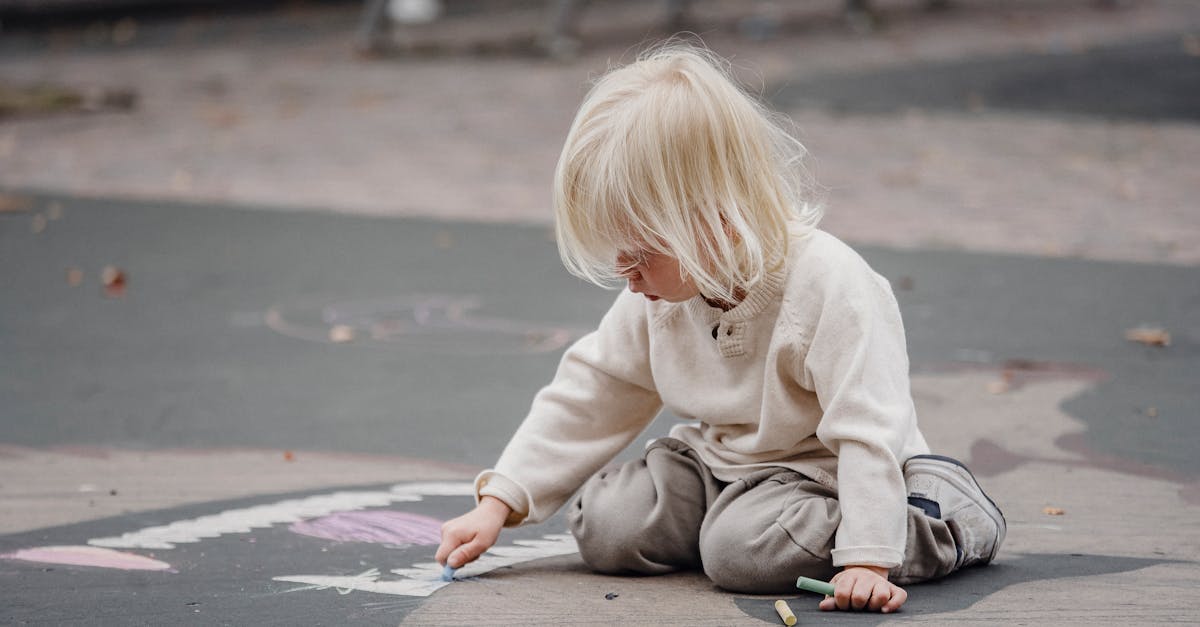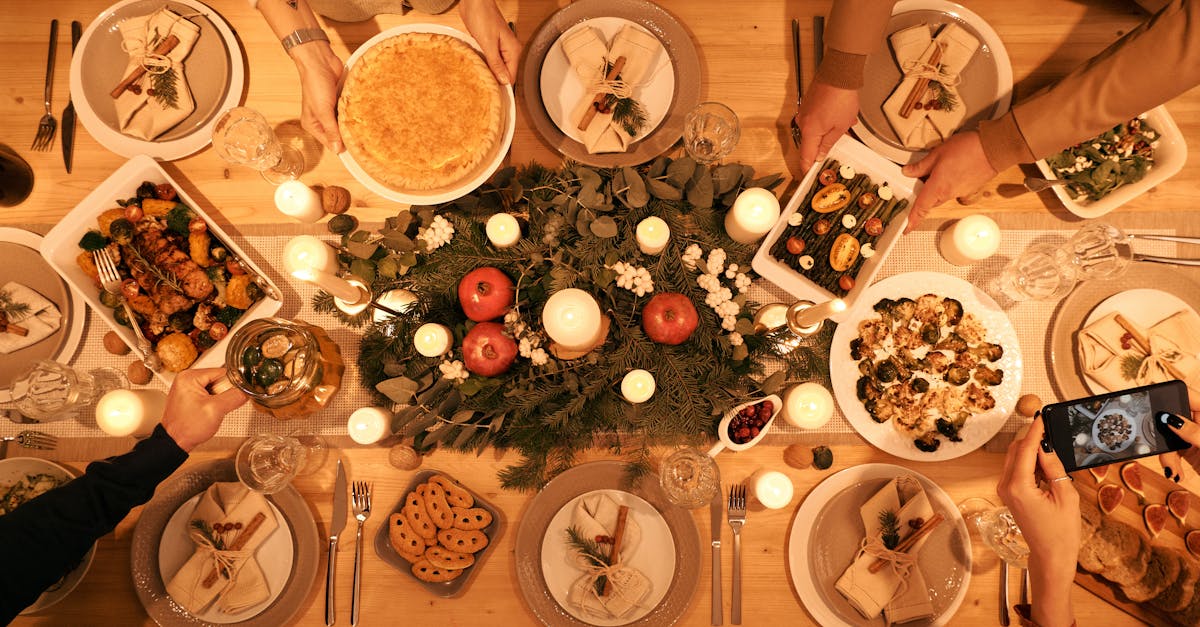Understanding Comparison in Sibling Relationships
Let’s face it, comparison is as old as time, especially in sibling relationships. It’s crucial to understand how and why kids compare themselves to their siblings. Children often measure their worth by comparing achievements, abilities, and attention from parents. This can lead to feelings of inadequacy or superiority. To address this, emphasize each child’s unique qualities. Celebrate small wins and individual achievements to minimize the comparison game.

Recognizing Emotional Challenges
Recognizing emotional challenges is the first step in mitigating sibling rivalry. Pay attention to signs of jealousy, anger, or sadness. These emotions often stem from feeling overshadowed or neglected. Encourage open conversations about these feelings. Use a mix of empathy and humor; share stories from your childhood to make kids feel understood. This helps them manage complex emotions better.

Promoting Individuality and Strengths
Promoting individuality and strengths in each child is key. It’s important that they don’t see each other as direct competitors but as unique individuals. Celebrate their differences. If one child excels in math, praise that. If another is a budding artist, make a big deal out of their drawings. This fosters a positive self-image and reduces the urge to compare.

Setting Fair Boundaries and Rules
Setting fair boundaries and rules can nip many issues in the bud. Explain the rationale behind different rules if needed. Kids often think fairness means equality, but they need clarity on why situations might differ. Use clear and simple language. For instance, bedtime could vary due to age differences. This helps them see structure, not favoritism.

Encouraging Positive Interactions
Encouraging positive interactions is another great strategy. Arrange activities that require teamwork and collaboration. Games, cooking, or gardening are fun and productive ways to bond. Positive reinforcement when they help each other builds goodwill. Simple phrases like, ‘I love how you worked together,’ can go a long way in fostering harmony.

Teaching Conflict Resolution Skills
Teaching conflict resolution skills early on is invaluable. It is crucial to guide individuals through disagreements calmly.
Role-playing is a fantastic method to practice conflict resolution. For instance, taking turns to act out possible conflict scenarios can be a helpful exercise. Subsequently, discussing peaceful solutions can lead to valuable insights.
Emphasize the importance of active listening and understanding the other person’s viewpoint. These skills are essential in equipping individuals with valuable life skills.

By teaching conflict resolution skills, we empower individuals to handle conflicts constructively and foster harmonious relationships.
Seeking Help When Necessary
Seeking help when necessary is important. There’s no shame in reaching out if things get tough. Consult professionals if sibling rivalry becomes unmanageable. Therapists and counselors can offer practical advice tailored to your family’s needs. Remember, fostering healthy sibling relationships takes time and patience, and sometimes a little help is needed.

